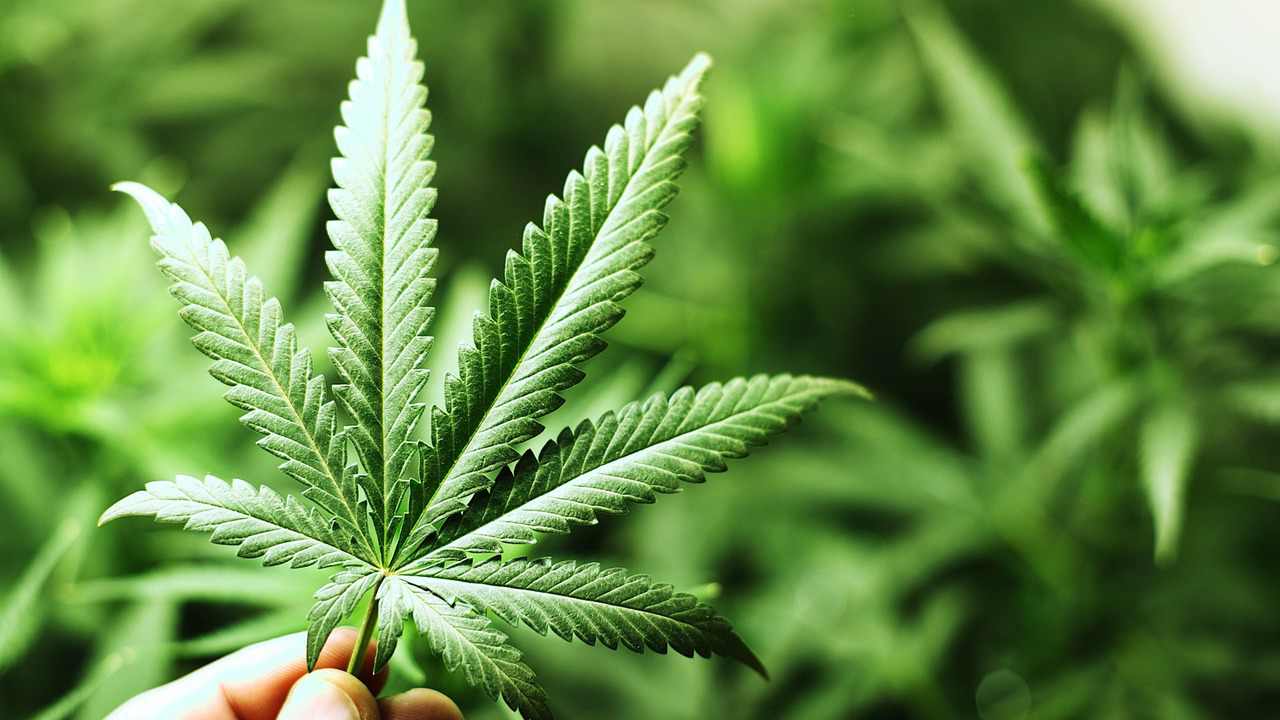(NaturalBlaze by Vic Bishop) An examination of over 3600 cases concludes that alcohol is ten times deadlier on the road than cannabis, a fact which is just now being confirmed as a result of legalization. Opponents of legalization have long argued that it legal cannabis would be a significant danger on the roads, but as can again confirm, it is indeed much safer than alcohol, a drug which has killed hundreds of thousands of people on America’s roads alone.
Recommended: Studies Show How to Treat & Reduce Recurring UTIs Without Antibiotics
The study was conducted in France, and focused on data from all fatal accidents that occurred in France in 2011.
They estimated the heightened risk of driving under the influence of various substances and found that “drivers under the influence of alcohol are 17.8 times more likely to be responsible for a fatal accident,” when compared to completely sober drivers. Drivers under the influence of cannabis, by contrast, are 1.65 times more likely to be responsible for causing a fatal accident. [Source]
The results of this study are highly relevant to the debate over cannabis legalization, and continue to affirm the arguments made by advocates of legalization.
Recommended: Harvard Immunologist: Unvaccinated Children Pose Zero Risk
Those findings are in line with most recent studies of alcohol and cannabis and driving risk. Earlier this year David Bienenstock investigated the science behind drugged driving estimates, and found that THC-positive drivers have a 5% greater crash risk than drivers with no drugs or alcohol in their system. That figure came from the largest domestic case-control study to date, which was published by the National Highway Traffic Safety Administration, a federal agency. That same study found that drivers with a blood alcohol level of .08, the legal limit in most states, were 293% more likely to be involved in a crash. Texting drivers were 310% more likely to crash. [Source]
In 2015, a then first of its kind study demonstrated that cannabis had little to no significant effect on driving, and included the following four important findings:
Related: CBD Oil – A Comprehensive Guide To Cannabidiol
- Drivers under the influence of only cannabis showed little driving impairment when compared to drivers under the influence of alcohol or both substances.
- Drivers with blood concentrations of 13.1 ug/L THC (delta-9-tetrahydrocannabinol, which is the active ingredient in cannabis) showed similar impairment to drivers with a .08 breath alcohol concentration, the legal limit in most states. The current legal limit for THC in Washington and Colorado is 5 ug/L.
- Drivers who use alcohol and cannabis together weave more on a virtual roadway than ones that used either substance independently, although consuming both does not double the impairment.
- Analyzing a driver’s oral fluids can detect recent use of cannabis although it should not be considered a reliable measure of impairment.
Alcohol, however, is widely known for being highly dangerous on the road:
Alcohol is the most common drug present in the system in roadside stops by police; cannabis is the next most common, and cannabis is often paired with alcohol below the legal limits.
We know alcohol is an issue, but is cannabis an issue or is cannabis an issue when paired with alcohol? We tried to find out. ~ Tim Brown, associate research scientist at NADS and co-author of the study. [Source]
Final Thoughts
While this evidence should not be taken as a sign that cannabis-related automotive deaths are insignificant, this research does add weight to the argument that cannabis is far safer than alcohol, in many different ways. This is to support the notion that legalization would have far more positive effects on society than continuing to perpetuate the often terrifying criminalization of this natural plant, over-burdening the justice and prison system.
Read more articles by Vic Bishop.
Vic Bishop is a staff writer for WakingTimes.com and OffgridOutpost.com Survival Tips blog. He is an observer of people, animals, nature, and he loves to ponder the connection and relationship between them all. A believer in always striving to becoming self-sufficient and free from the matrix, please track him down on Facebook.
This article (Study Confirms that Alcohol is Ten Times Deadlier than Cannabis On the Road) was originally created and published by Waking Times and is published here under a Creative Commons license with attribution to Vic Bishop and WakingTimes.com. It may be re-posted freely with proper attribution, author bio, and this copyright statement. Please contact WakingTimes@gmail.com for more info.

